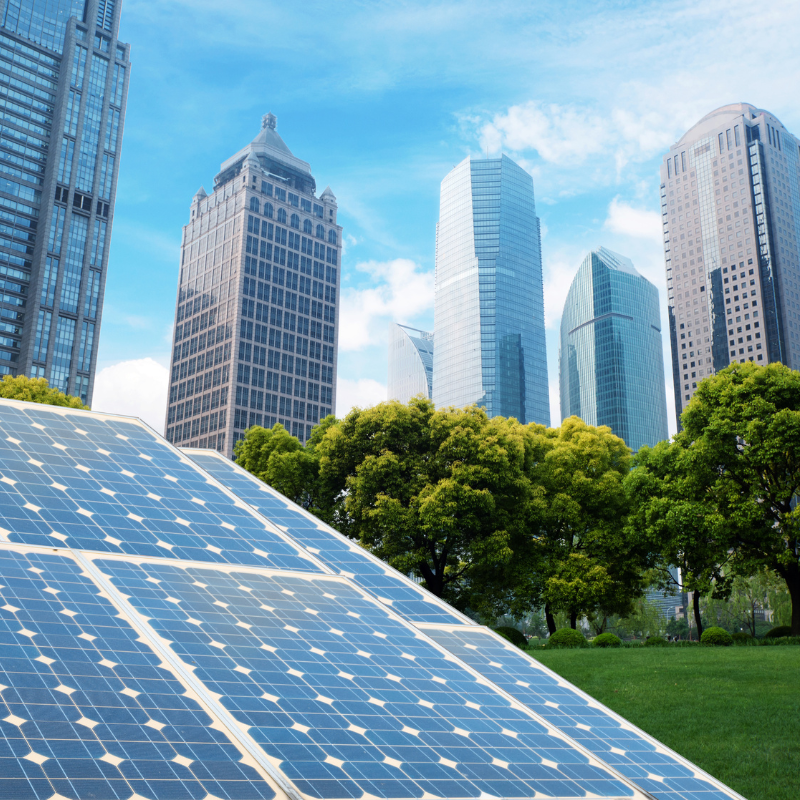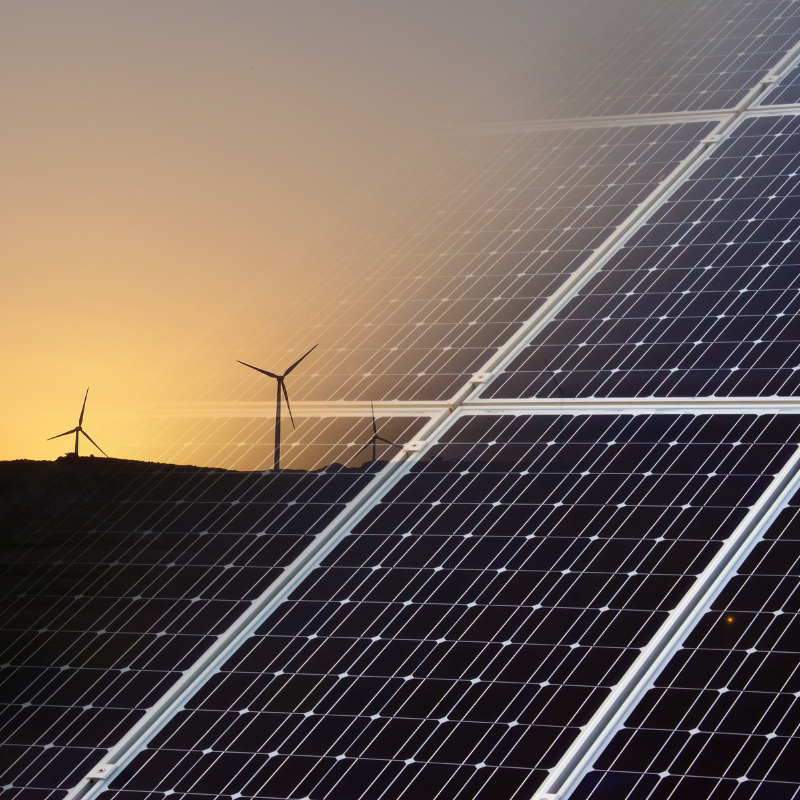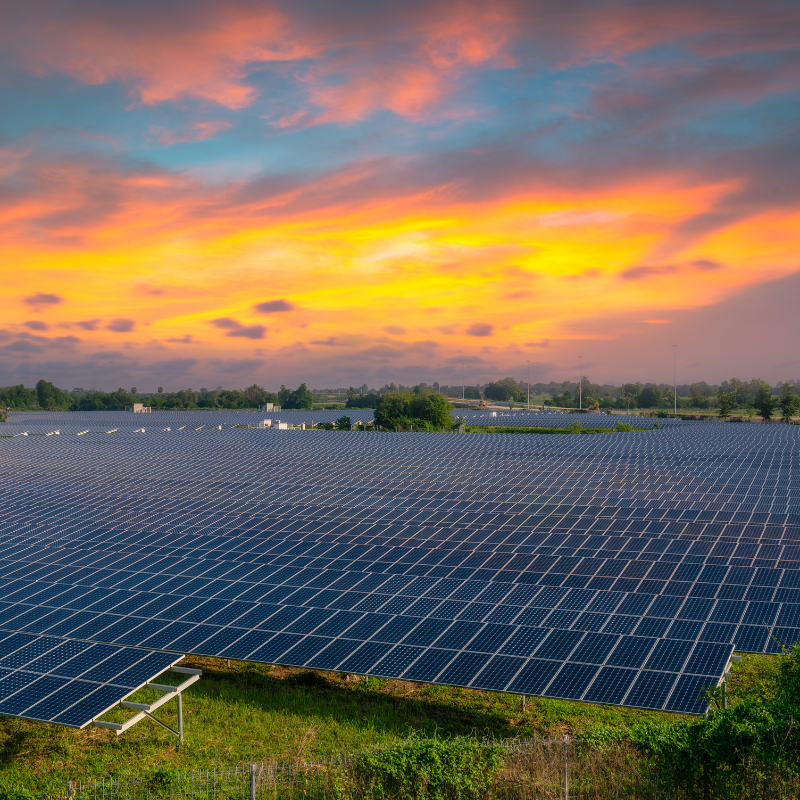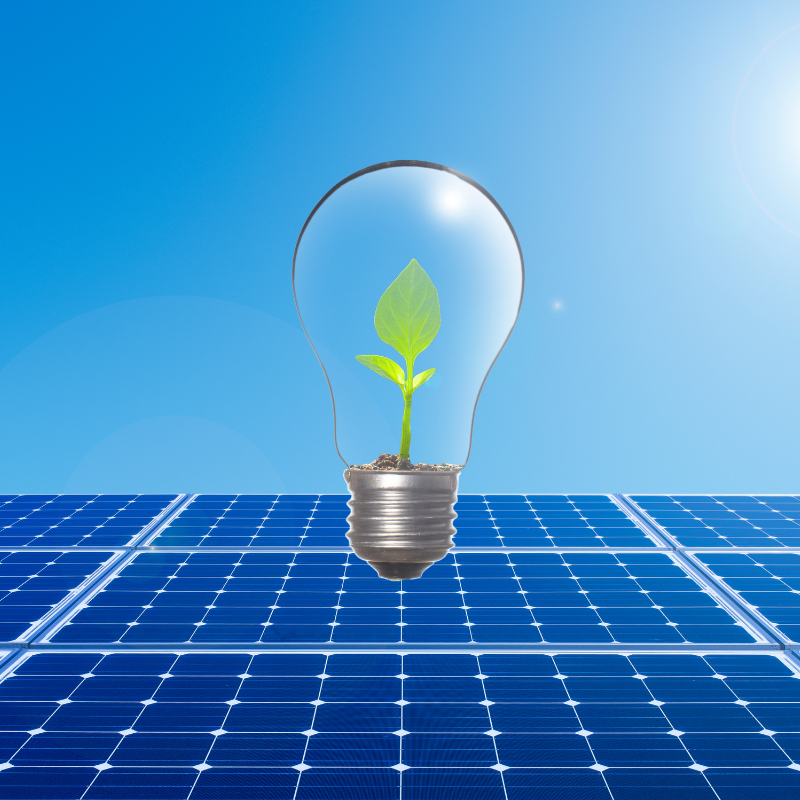The sun, an endless source of energy, has become a beacon of hope for those seeking sustainable power solutions. Solar energy has transcended from a niche technology to a mainstream choice for individuals, businesses, and even agricultural enterprises. But with the myriad of solar options available, how do you choose the right setup for your unique needs? In this blog post, we’re unraveling the factors that set apart residential, commercial, and agricultural solar setups, helping you make an informed decision tailored to your requirements.
Residential Solar: Powering Homes Sustainably
For homeowners, residential solar installations offer a pathway to energy independence and reduced utility bills. Key considerations for residential setups include:
-
Energy Consumption: Assess your household’s energy needs to determine the appropriate system size. Smaller residential setups usually involve rooftop installations to optimize available space.
-
Financial Incentives: Research local incentives such as tax credits, rebates, and net metering programs to maximize your solar investment.
-
Aesthetics and Space: Rooftop installations are common for residences, so choose panels that complement your home’s aesthetics. If space allows, ground-mounted systems are also an option.
Commercial Solar: Empowering Businesses with Clean Energy
Businesses have unique energy demands that can be met effectively through commercial solar setups. Key considerations for commercial setups include:
-
Scale of Operation: Determine the energy needs of your business and whether a larger solar array is needed to cover your consumption.
-
Roof Space and Land: Depending on available space, businesses can opt for rooftop or ground-mounted systems. Rooftop installations are space-efficient, while ground-mounted systems require suitable land.
-
Financial Viability: Explore the financial incentives, tax breaks, and potential return on investment for your business’s solar project.
Agricultural Solar: Nurturing Crops and Livestock with Sun Power
Agriculture is increasingly adopting solar solutions to power operations and reduce costs. Key considerations for agricultural setups include:
-
Irrigation and Energy Needs: Assess the energy demands of irrigation systems, livestock operations, and processing facilities to size your solar installation accordingly.
-
Remote Locations: Many agricultural operations are located in remote areas with limited grid access. Solar installations provide a reliable energy source in such cases.
-
Long-Term Planning: Consider the longevity of the solar system, as agricultural installations are typically designed to serve for decades, aligning with the long-term nature of farming.
Choosing What’s Right for You
The decision to go solar is a significant one, and the right choice depends on your specific situation. Residential, commercial, and agricultural setups each have unique considerations, from energy consumption to available space. No matter your choice, embracing solar energy demonstrates a commitment to sustainability and a greener future.
At [Your Solar Company Name], we’re here to guide you through this decision-making process. Our experts can help you identify the perfect solar setup for your residential, commercial, or agricultural needs. Learn more about our tailored solar solutions [here].




